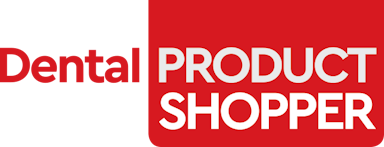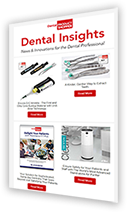 When selecting reading materials to educate your patients, consider these factors:
When selecting reading materials to educate your patients, consider these factors:
Readability: Make sure the writing is clear and easy for patients with varying levels of education to understand and avoid technical jargon.
Learning Formats: Patients learn in different ways. Offer a variety of formats including brochures, pamphlets, videos, and animations to cater to different types of learners.
Accuracy, Credible Content: Ensure the information is up-to-date, scientifically accurate, and comes from trusted sources. Focus on topics relevant to patients’ specific needs and concerns and provide a balanced perspective on treatment options, including risks and benefits.
Accessibility Language/Formats: If your practice serves a diverse population, consider offering materials in multiple languages. For patients with visual impairments, provide materials in large print or audio format.
Design/Call to Action: The layout should be visually appealing and uncluttered. Use high-quality images and diagrams to enhance understanding and clearly state what you want the patient to do after reading the materials, such as scheduling an appointment or visiting a website for more information.
Always choose educational materials that empower patients to make informed decisions about their oral health.



